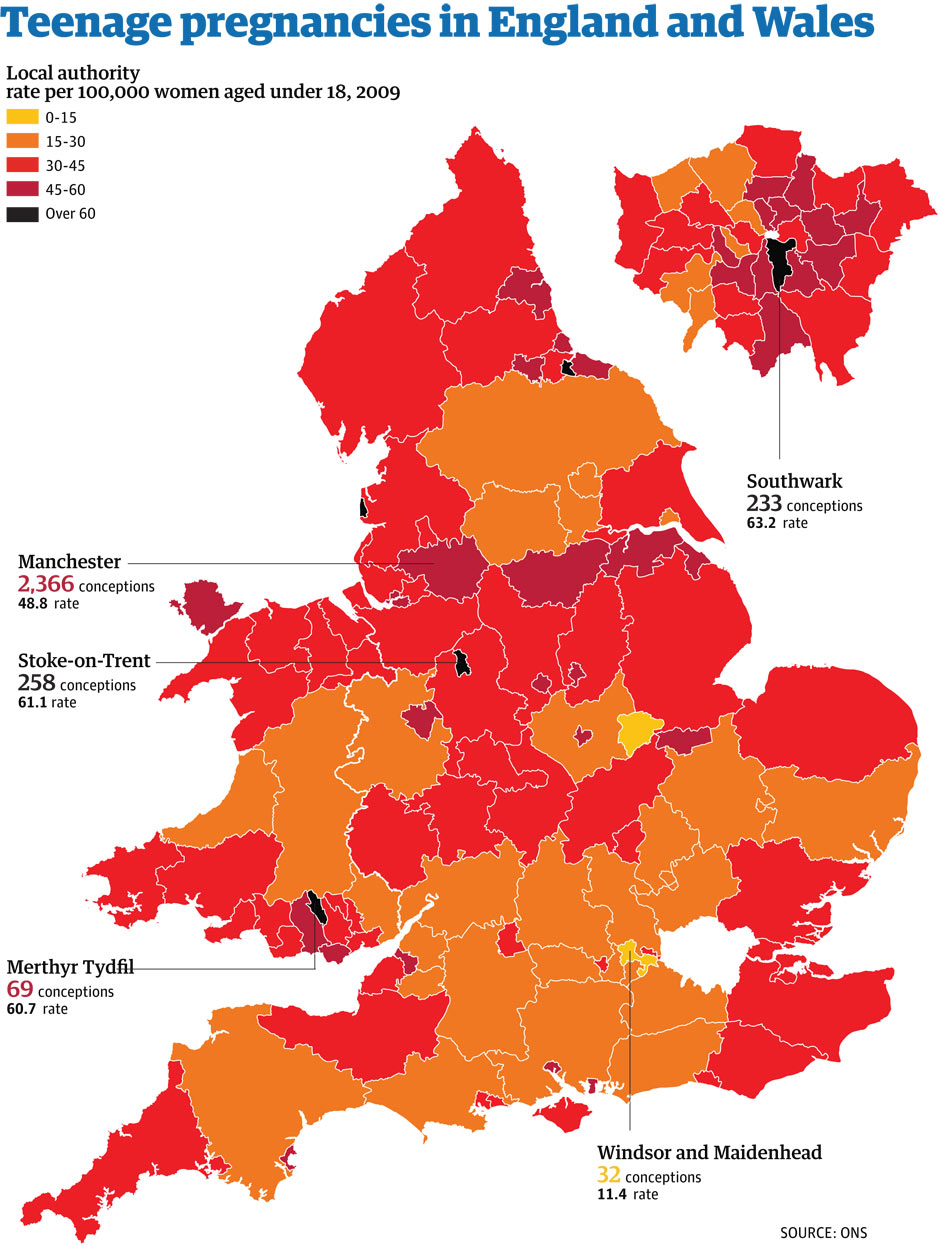
Teen Pregnancy in the UK: A Comprehensive Overview
Introduction
Teen pregnancy, defined as pregnancy occurring in individuals between the ages of 13 and 19, remains a significant public health concern in the United Kingdom. Despite a gradual decline in recent decades, the UK still has one of the highest rates of teen pregnancy in Western Europe. This issue has far-reaching implications for the health and well-being of young people, their families, and society as a whole.
Prevalence and Trends
According to the Office for National Statistics (ONS), the teen pregnancy rate in England and Wales in 2020 was 20.9 per 1,000 women aged 15-19. This represents a decrease of 44% since 1998, when the rate was 37.6 per 1,000. However, the rate remains higher than in many other developed countries, such as the United States (18.8 per 1,000) and Canada (14.2 per 1,000).
The decline in teen pregnancy rates in the UK has been attributed to several factors, including increased access to contraception, improved sex education, and a shift in social norms. However, certain groups of young people, such as those from disadvantaged backgrounds or those with learning difficulties, continue to experience disproportionately high rates of teen pregnancy.
Causes and Risk Factors
The causes of teen pregnancy are complex and multifaceted. They include:
- Lack of knowledge and access to contraception: Many young people lack comprehensive information about contraception and may not have access to reliable methods.
- Peer pressure and social norms: Young people who are surrounded by peers who are sexually active or who have children may be more likely to engage in sexual activity themselves.
- Early puberty: Girls who experience puberty at an early age may be more likely to become pregnant before they are emotionally and physically mature.
- Poverty and disadvantage: Young people from disadvantaged backgrounds may face multiple barriers to accessing healthcare, education, and support services, which can increase their risk of teen pregnancy.
- Mental health issues: Young people with mental health problems, such as depression or anxiety, may be more likely to engage in risky sexual behavior.
Consequences for Young Mothers
Teen pregnancy can have significant consequences for young mothers, including:
- Health risks: Teen mothers are more likely to experience pregnancy complications, such as premature birth, low birth weight, and pre-eclampsia. They are also more likely to have children with health problems.
- Educational attainment: Teen mothers are more likely to drop out of school or have lower educational attainment than their peers. This can limit their future employment prospects and earning potential.
- Economic hardship: Teen mothers are more likely to experience poverty and unemployment than their peers. They may also face challenges in accessing housing and childcare.
- Social stigma: Teen mothers may face social stigma and discrimination, which can lead to isolation and mental health problems.
Consequences for Children of Teen Mothers
Children of teen mothers also face challenges, including:
- Health risks: Children of teen mothers are more likely to have low birth weight, developmental delays, and health problems. They are also more likely to experience poverty and abuse.
- Educational attainment: Children of teen mothers are more likely to have lower educational attainment than their peers. This can limit their future employment prospects and earning potential.
- Social and emotional problems: Children of teen mothers may experience social and emotional problems, such as low self-esteem, behavioral issues, and difficulty forming relationships.
Prevention and Intervention Strategies
Preventing teen pregnancy requires a comprehensive approach that addresses the underlying causes and risk factors. Effective strategies include:
- Comprehensive sex education: Young people need access to accurate and age-appropriate information about sex, contraception, and relationships.
- Access to contraception: Young people should have easy access to a range of contraceptive methods, including condoms, birth control pills, and emergency contraception.
- Peer education and support: Peer education programs can provide young people with a safe and supportive environment to discuss sexual health and make informed decisions.
- Family planning services: Family planning services provide confidential advice and support to young people on contraception, pregnancy, and parenting.
- Support for young mothers: Young mothers need access to support services, such as housing, childcare, education, and counseling, to help them overcome the challenges they face.
Conclusion
Teen pregnancy remains a significant public health concern in the UK, with far-reaching consequences for young mothers, their children, and society as a whole. Preventing teen pregnancy requires a multi-faceted approach that addresses the underlying causes and risk factors. By providing young people with comprehensive sex education, access to contraception, and support services, we can empower them to make informed decisions about their sexual health and future.